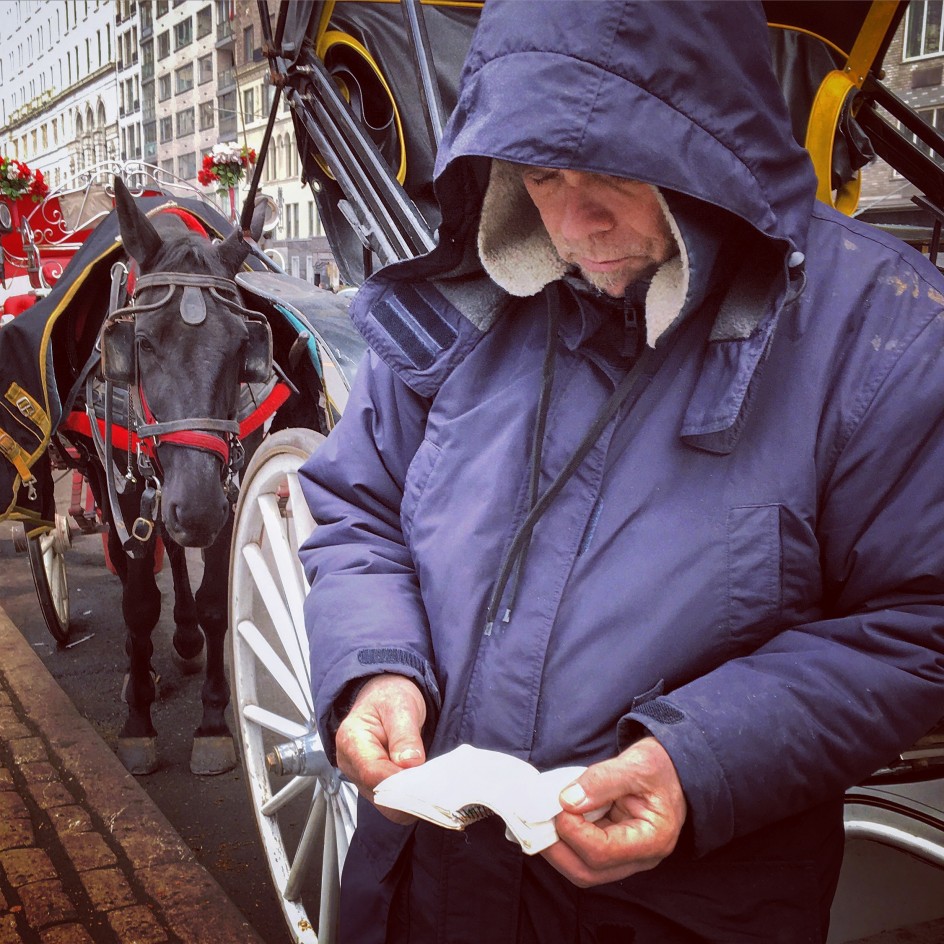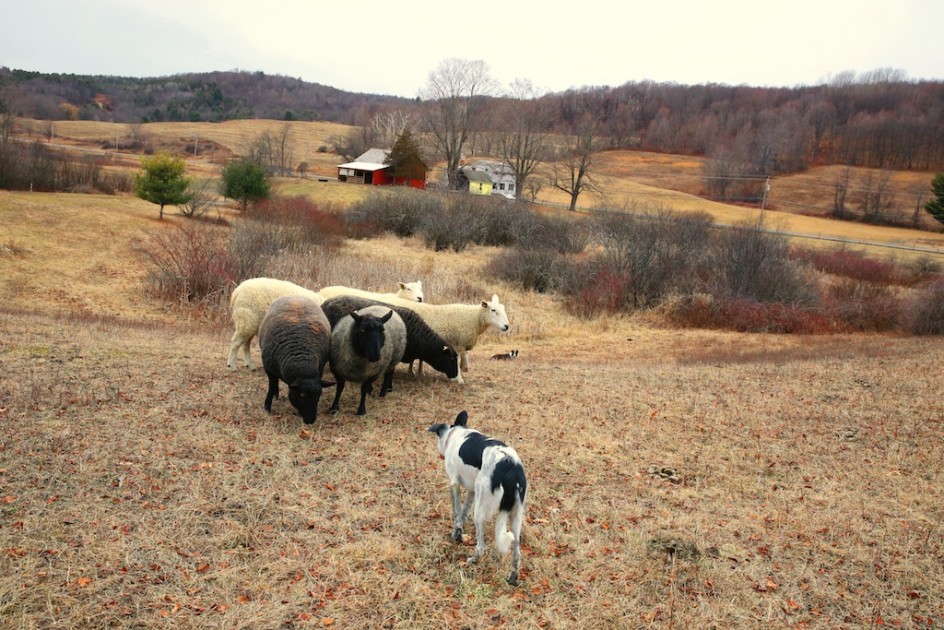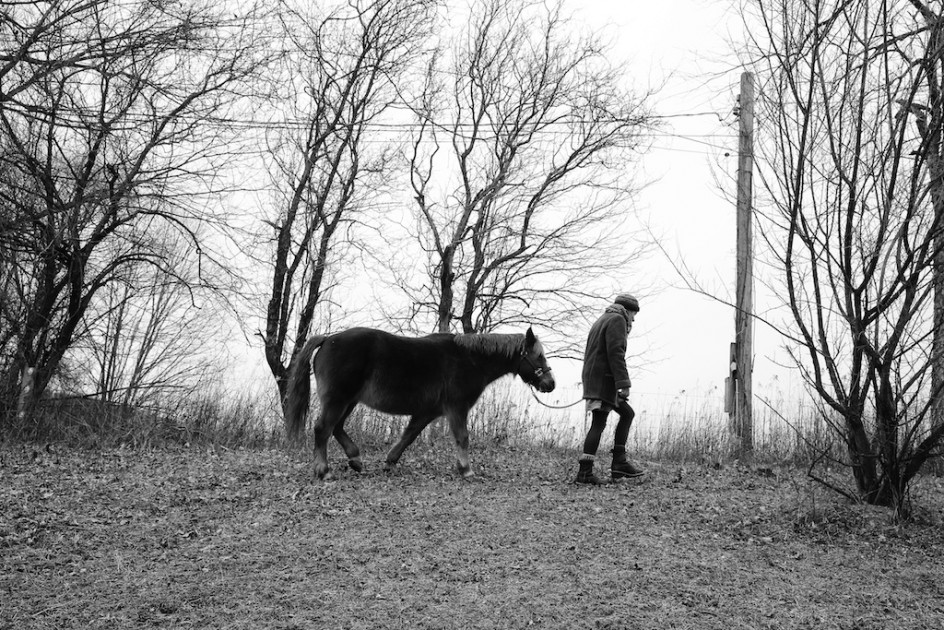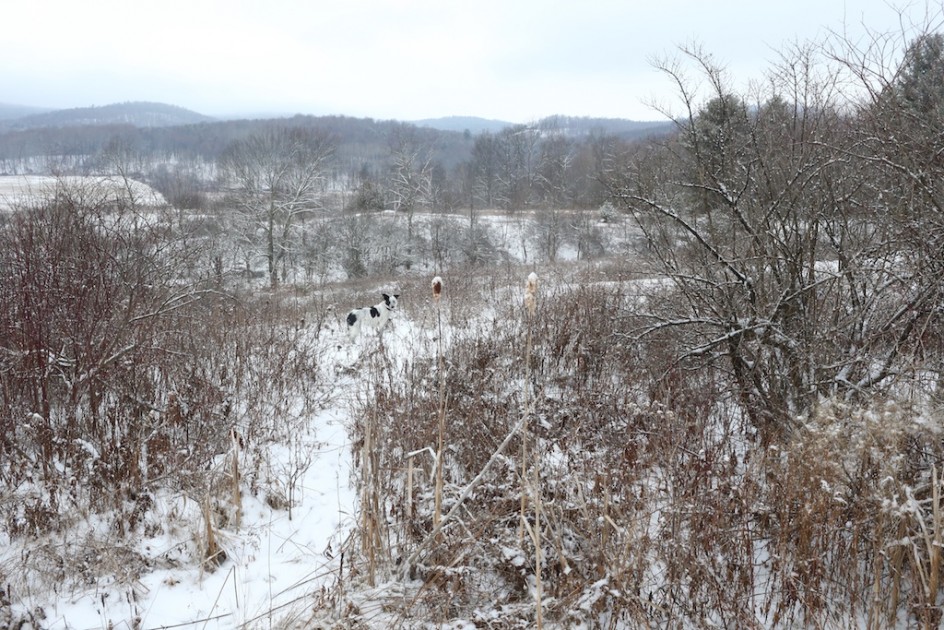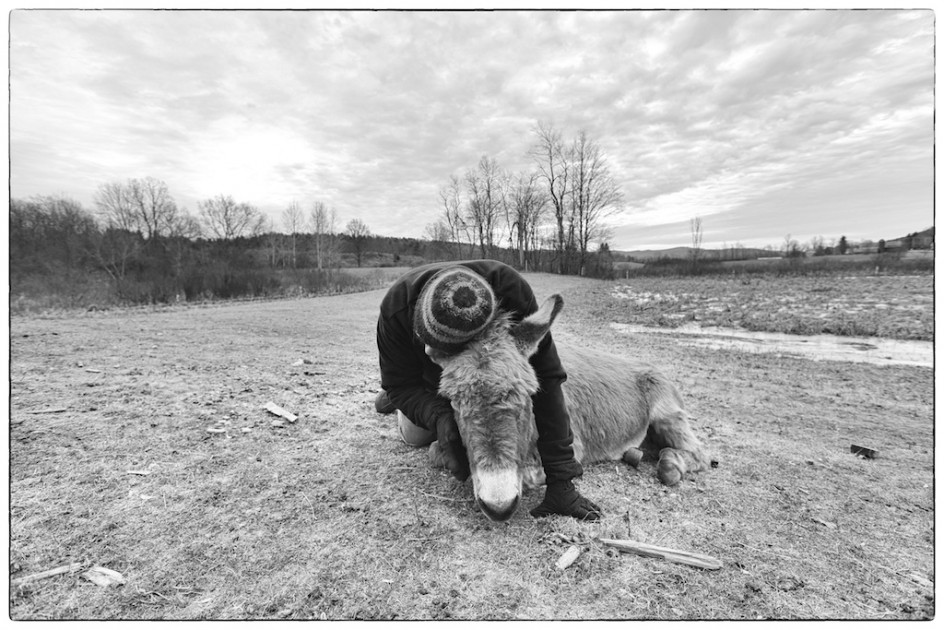
Maria took the photo above, it was me kneeling next to Simon, hugging him as he took his last breath.
It is not, I think, possible to love life without despairing of life. I think one defines and gives birth to the other. I have been writing lately about being mortal, and I think nothing reminds us of being mortal more than losing the people we love or the animals we love.
For all of our arrogance, we cannot control our cells and genes forever. That is mortality.
I do not ever compare the death of people with the death of animals and pets, no matter how beloved the latter. I am sorry when someone tells me the death of a dog or cat was just like the death of a child or spouse. For me, that is not true, and I do not ever want it to be true. I remember being on an NPR panel when one of the guests said she had lost her cat and it was just like losing a child. And the women sitting next to us burst into tears, her son had been killed by a roadside bomb in Iraq.
I hope my daughter never thinks I equate her life with a border collie or a barn cat.
Grieving is an individual thing, a personal thing, it is different for every person and I respect everyone’s grieving process. No one can or should tell anyone how it ought to be done. Grieving is a sacrament in a way, a testament to life. However different our lives and values, one thing all of us will share is the experience of loss and grief. And then, the experience of being loss and grief.
Animals can help us understand grieving and mortality, one of their many gifts to us, and their last.
Two years ago, I looked out the bedroom window and saw Simon shake his head and turn away from the hay feeder. I knew what had happened right away, he had a stroke and was dying. “He’s not going to make it,” I told Maria as we hurried outside.
Animals cannot generally be treated for strokes, not donkeys out in a pasture. I sent a video of Simon’s shaking head to Ken Norman, our farrier, who was in the hospital at the time, he messaged back that it didn’t look good. Ken had helped save Simon’s life when the police took him off a farm where he had been cruelly neglected.
We rushed outside and Simon staggered and fell to his knees. The vet came quickly and said he was near death. We gave him an injection that killed him and ended his suffering. We buried him in the pasture.
Simon was very special to me, and to Maria. We nursed him back to health after his near starvation and death, he was the sweetest of creatures, he loved to walk with me, nuzzle me, talk to me. He was gentle with people and he loved children, he was a huge favorite at our Open Houses. I wrote a book about him called “Saving Simon.”
I do not think of Simon often, but I feel very good about his time with us. He came back to health, loved his life here, I think. He got plenty of good food and attention, and every day began with Lulu and Fanny kicking him on one side of the head or another. He never seemed to mind.
He had many admirers from all over the world.
We were horrified by his attacks on Rocky, the blind old pony, but he was, after all, just being a donkey, protecting the girls from a sick herd member. That’s what equines too, they keep the predators away.
When people ask me about Simon, I tell them he had a great life for the four or five years that we had him, and his l life turned out to be a triumph of love and trust. He helped me to open up, accept Red and the idea of leaving the first Bedlam Farm, he helped me find the generous and nurturing parts of me, he loved me back and permitted me to help him heal. I so cherished our walks together in the woods, it was as if we were discovering the world together.
Simon helped me to understand the idea of death, as hospice work has also done for me. Death is everywhere, it is close, is it coming to me and everyone I know and love. Animals give us the chance to learn about death, to feel our way through grief and loss, to gain perspective on.
I am nothing but grateful for Simon’s time in my life, I do not mourn him often or frequently.
How could I really, where there are so many things in my life to love and be grateful for – Maria, Red, Fate, Lulu, Fanny, Chloe, my writing, friends, photography, farm, community, my restored heart, even the dumb sheep and simple chickens.
To some extent, grief is not a choice – we cannot escape it or wave it away, it will take its own time with us. If we are patient and healthy, we will find a way to process it, and then, to some extent, let it go. We will resume life.
If we choose a life with animals, we will come to know death often and well. A farm is all about life and death, I don’t care to count or recall all of the animals who have died here, all the lambs that didn’t make it, all the dogs that are gone, the roosters and chickens who died.
To some extent, grief is a choice for me. I can’t wallow in it, return to it, or I can live in the present and look ahead. This morning, standing at the gate, I missed Simon very much, he was always there to greet me with his call to life.
Life was very much his legacy, he always reminded me that it was precious and not to spend too much of it in sorrow.

